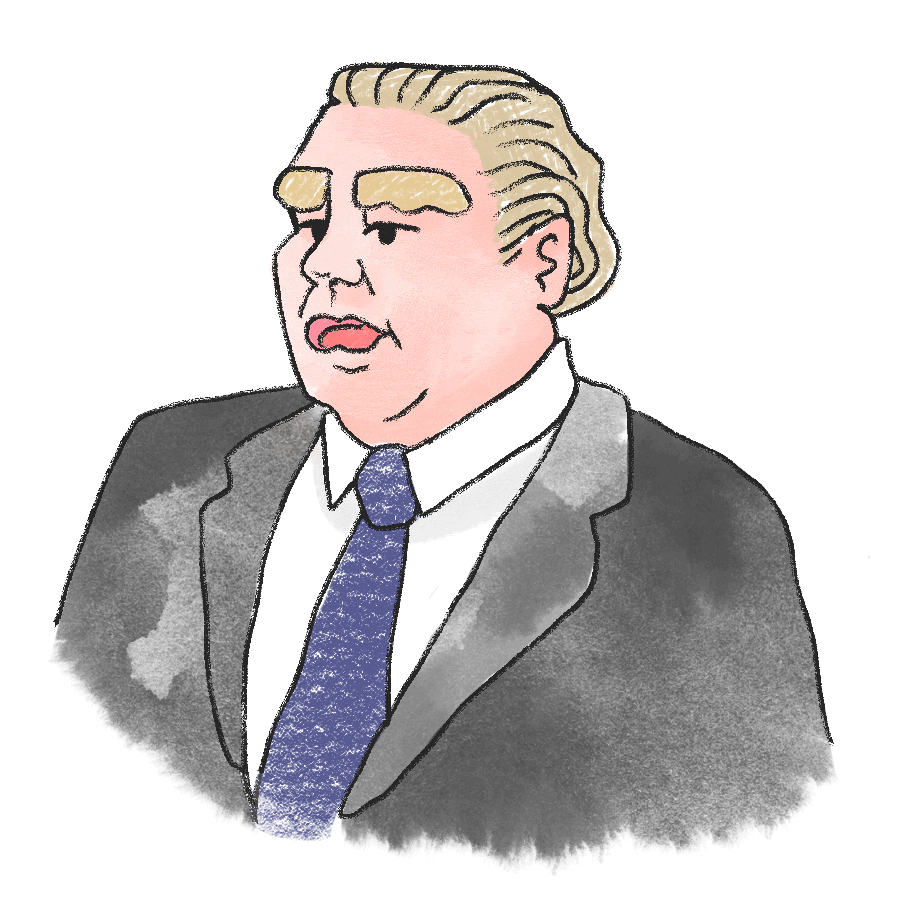
In mid-January, the Government of Ontario announced a tuition framework that will reduce tuition by 10 per cent in the province for 2019-2020. The framework was met with national opposition, primarily against Premier Doug Ford’s inclusion of optional student fees.
In an open letter sent in late January to Premier Ford and Merrilee Fullerton, Ontario Minister of Training, Colleges and Universities, 75 student-run organizations including the University of Saskatchewan Students’ Union criticized the Ford government’s Student Choice Initiative. The letter states that, in addition to impacting student organizations through potential loss of levy revenue, the Ontario Government failed to consult students properly in this decision.
In addition to these student-led groups, the Association of Managers in Canadian College University and Student Centres has reportedly sent letters to the Ford government expressing their support of student unions in Ontario.
Although the Ford government has been the only provincial government currently under fire for targeting student fees to reduce the cost of post-secondary education, the decision has reverberated across the country, potentially even into Saskatchewan.
From being members of the so-called resistance to the federal carbon tax to holding a joint conversation meant to criticize the federal carbon tax to signing a memorandum of understanding between Ontario and Saskatchewan to lower trade barriers, Premier Ford and Premier Scott Moe clearly have aligning views. However, it is unclear whether they also share the same attitudes towards lowering the cost of post-secondary education.
When approached by the Sheaf for interview on the matter, Tina Beaudry-Mellor, Minister of Advanced Education, was unavailable, but the Government of Saskatchewan issued a statement that there are no plans to follow in Ontario’s footsteps.
“The Government of Saskatchewan is not considering making student fees optional at this time,” the statement said. “We have made a number of investments to ensure that more students are able to participate and complete their postsecondary education. In 2018- 19, government budgeted $106.3 million in direct support to students through a variety of support programs and services.”
The statement also mentioned that they provide an up-front grant of $1,000 for students who apply for financial assistance, an extra $200 per month for full-time students who have been out of high school for more than 10 years, the $500 Saskatchewan Advantage Scholarship and the Graduate Retention Program, which provides a maximum of $20,000 in tax credits for graduates who work in Saskatchewan.
However, the statement did not respond to the Sheaf’s inquiry as to whether Premier Moe and Premier Ford have had conversations regarding post-secondary costs.
Caroline Cottrell, USSU general manager, says that even imagining what would happen to a student union if the student fees were optional is a difficult task.
“It’s something that is almost impossible to predict simply because I have no mechanism to predict what the university’s response would be,” Cottrell said. “How can we make any level of stability on anything if, on any given year, our financial picture can change? If 10,000 students opt to pay fee X [one year], and the next [year] 2000 [pay it], and the following year 15,000, it’s unmanageable.”
Cottrell recognizes that the Saskatchewan government grants identify issues with the accessibility of post-secondary institutions but believes that more can be done.
“I recognize that education can be a black hole for money,” Cottrell said. “Do we want an educated, competent population to go forward and meet all the challenges we are going to face? Do we want that population to be economically crippled? How do we balance all of that? Do I think this cuts it? No. It’s a start. But $1500, $1600 dollars over the year is insufficient.”
—
Tanner Bayne / News Editor
Graphic: Jaymie Stachyruk / Graphics Editor
Leave a Reply